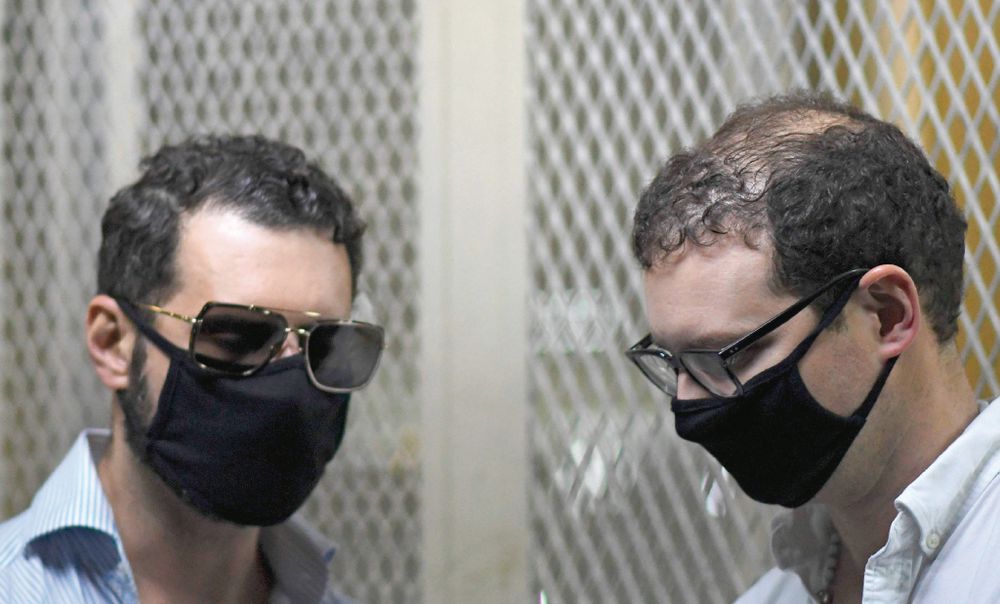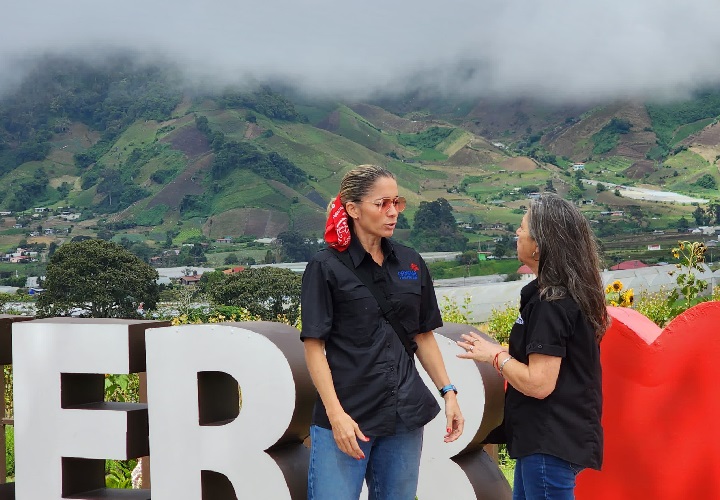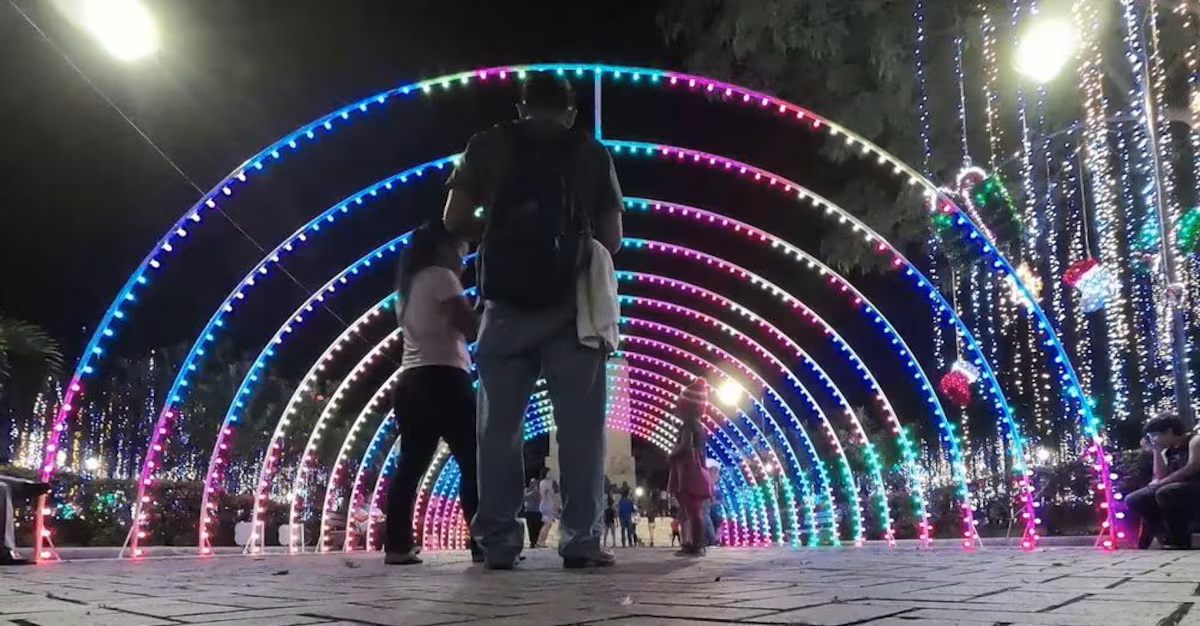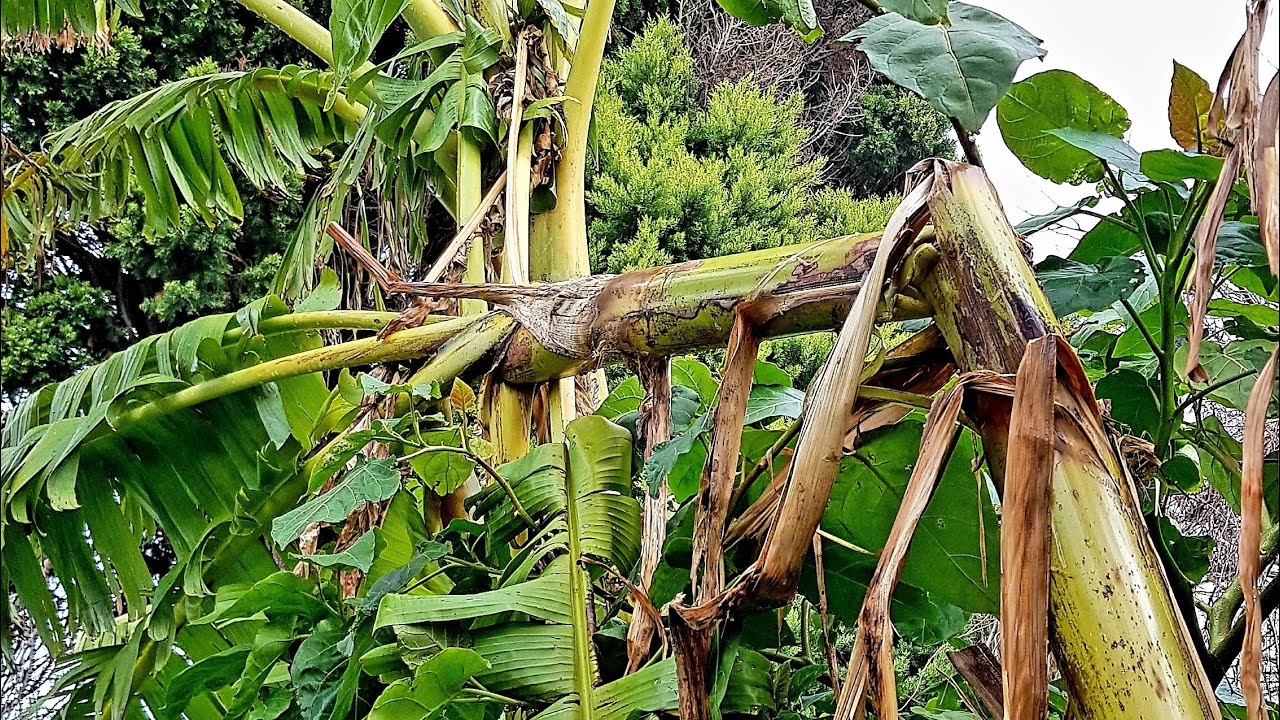Sentencing of Martinelli brothers gives new impetus to Odebrecht case

The revelations made in the trial of Ricardo Alberto and Luis Enrique Martinelli Linares on Friday, May 20, in a Federal Court in New York (NY) would give new impetus to the case that is being followed in Panama for the bribes paid by Odebrecht.
Former Supreme Court judge Harry Díaz said the Public Ministry should request the ruling of Judge Raymond Dearie, translate it, authenticate it and introduce it as extraordinary evidence in the trial.
After the revelations that emerged in the trial of the sons of former president Ricardo Martinelli in a New York court for having conspired to launder $28 million as a result of bribes paid by Odebrecht, the Public Ministry (MP) traces the route that will continue to introduce this information to the process followed in Panama.
Attorney General , Javier Caraballo , met Monday, May 23, with Agustín Almario Castillo, Senior Prosecutor for International Affairs, and with Mahmad Daud Hasan, Senior Anti-Corruption Prosecutor, to analyze the topic. Both were present at the trial on Friday, May 20.
This new evidence, as explained in the Public Ministry, could be presented as extraordinary evidence in the trial of the case, a procedure that is scheduled to be held from July 18. Mechanisms to recover money from the collection of bribes in exchange for millionaire contracts for state works are also analyzed.
The confession
On Friday, May 20, in the middle of the trial, Sean Hecker, a lawyer for Ricardo Alberto Martinelli, told Judge Raymond Dearie the following: “The two brothers did not seek to belong to a criminal enterprise, nor did they think of them. His father asked for them.”
He then added that “when they found out, because of the amount of money, they decided to cooperate with the justice system, because they knew that this was not right. It was they themselves who took the case to the [US] government.
You will understand that it is not easy to go talk to the United States government about your own father.” “What they did was because the father asked them to,” he said.
While James McGovern, the lawyer for Luis Enrique Martinelli also pointed to the father: “He [Luis Enrique] began to do what his father said and opened the [bank] accounts. But once he understood that the origin of the funds was illegal, he went to the government, spoke, gave information, handed over the money and notified his father”.
Ricardo Martinelli is one of those called to trial in this process. He is accused of allegedly committing the crime of money laundering.
The former Attorney General and former independent deputy Ana Matilde Gómez said that the confessions that emerged in New York “definitely” strengthen the case of the Anti-Corruption Prosecutor’s Office. “Hopefully they will manage to bring to the Panamanian file all that is pertinent from those statements or other evidence to properly incorporate them into the file or at least complement their arguments.”
Harry Díaz, said that, the country must be vigilant so that the Judicial Branch assigns competent and incorruptible judges so that “the mockery carried out by white-collar criminals, manipulating justice, is not repeated.”
Alvin Weeden, who in 2015 filed the complaint that motivated the Public Ministry to open the process for the payment of bribes in Panama, said that regardless of the process that is in the Third Liquidator Court of Criminal Cases, the Public Ministry can open a new process.
The president of the Human Rights Commission of the National Bar Association, Carlos Herrera Morán, estimated that what happened in New York “is the best evidence that Panamanian justice can obtain of the existence of illegal acts committed by former President Martinelli” .
Herrera Morán, who sued Martinelli in the puncture case, said that this evidence can be used in all open proceedings against Martinelli and that his defense could do little to refute it.
The lawyer David Montenegro, former director of the Administrative Career, said: “It is the duty of the Public Ministry to request the cooperation of the New York Prosecutor’s Office to evacuate all the evidence that is necessary so that the people and companies that participated in the corruption scheme pay the consequences.” According to Montenegro, “it was evident in the desperate pleas for mercy of both lawyers, the undoubted involvement of Ricardo Martinelli in the case.”






